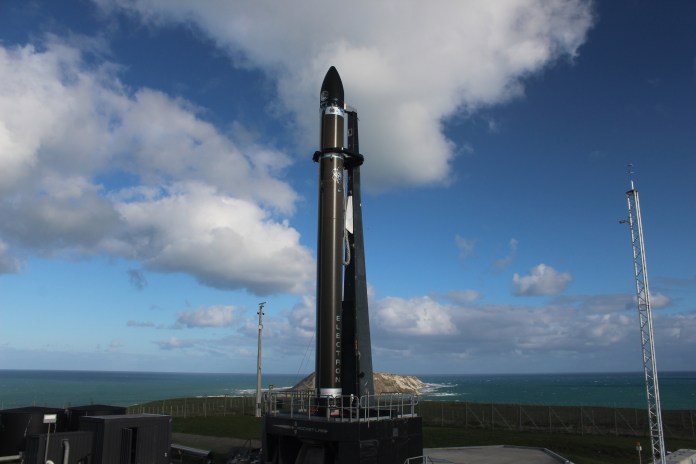Winds have scrubbed a rocket launching planned in New Zealand Thursday morning would be to propel five satellites into orbit. A new target launch date hasn’t been announced.
California-based Rocket Labs, that possesses the New Zealand launching website, is scheduled to send the satellites into orbit aboard the company’s Electron rocket in 12:43 a.m. EDT in New Zealand’s Mahia Peninsula. The launch has been set for 2:32 a.m. if delays occur.
Boston University’s experiment, the ANDESITE CubeSat, is composed of satellite the size of a toaster oven that is currently carrying eight satellites that are miniature inside. They will be introduced to produce a network that relays data to the mothership that is little.
The project intends to gain a better knowledge of how winds change the surroundings in space near Earth, said Joshua Semeter, professor of engineering at Boston University.
It interacts with all the buffeting solar wind, and generates this dynamic and rich set of physical effects,” Semester said in a presentation about ANDESITE.
He explained states will be recorded by detectors on the floor in the skies where the aurora borealis is not uncommon as the ANDESITE network flies over the pole areas.
Because the mission also conveys spy satellites for the U.S. authorities, the business declined to show the orbit elevation of this mission. Aurora borealis occurs at altitudes of about 75 kilometers to 110 miles up.
The experimentation is part of NASA’s CubeSat Launch Initiative, which encourages the usage of small satellites for space science experiments that are new.
The mission will carry three payloads for the National Reconnaissance Office, which oversees the M2 Pathfinder communications satellite for the University of New South Wales and the Australian authorities, as well as the country’s spy satellites for intelligence agencies.
Rocket Lab has named the mission ‘Don’t Stop Me Now’, that was postponed in May because of travel limitations.
It is the mission launch of an Electron rocket, which is regarded as a little vehicle with about 34,000 lbs of thrust. By comparison, SpaceX’s Falcon 9 is capable of 1.7 million lbs of thrust on liftoff.
As recent releases do the mission won’t include any testing or development for Rocket Lab’s efforts to make the first-stage booster reusable.
– Advertisement –
